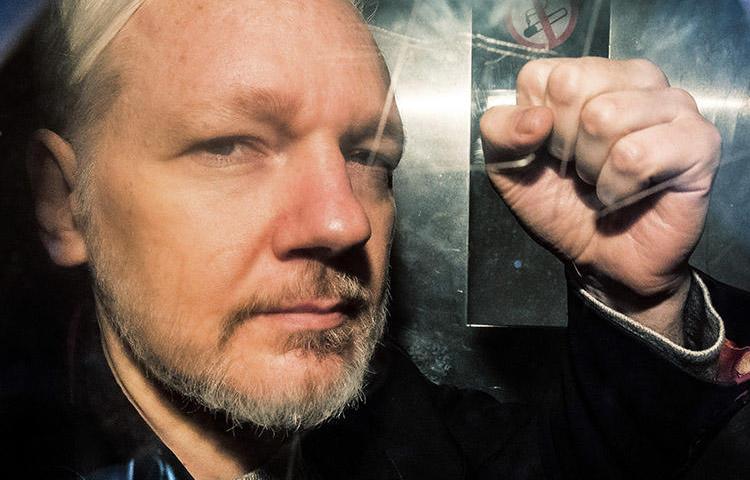
Radio journalist Libardo Montenegro killed in Nariño, Colombia
Bogotá, Colombia, June 14, 2019–Colombian authorities should conduct a swift and comprehensive investigation into the killing of radio journalist Libardo Montenegro and ensure those responsible are brought to justice, the Committee to Protect Journalists said today.

Radio Sans Fin host Pétion Rospide killed in Port-au-Prince, Haiti
Miami, June 13, 2019 — Haitian authorities should conduct a swift and comprehensive investigation into the killing of journalist Pétion Rospide and ensure those responsible are brought to justice, the Committee to Protect Journalists said today.

Mexican reporter Norma Sarabia killed in Tabasco; another journalist kidnapped in Veracruz
Mexico City, June 12, 2019–Mexican authorities must immediately and transparently investigate the killing of reporter Norma Sarabia and do everything in their power to ensure the safe recovery of journalist Marcos Miranda Cogco, the Committee to Protect Journalists said today.

CPJ welcomes release of Nicaraguan journalists Miguel Mora and Lucía Pineda
New York, June 11, 2019—The Committee to Protect Journalists welcomes the release today of Miguel Mora and Lucía Pineda Ubau, the director and news director of independent digital and cable news channel 100% Noticias; the two journalists had been imprisoned since a police raid on their Managua newsroom on December 21, 2018.

Venezuela’s Supreme Court orders La Patilla to pay US$5m in damages to Cabello
Bogotá, Colombia, June 7, 2019–The Committee to Protect Journalists today condemned a decision by the Venezuelan Supreme Court, which according to news reports ordered the independent news site La Patilla to pay US$5 million damages to a former vice-president as part of a civil defamation lawsuit.

Assange indictment marks alarming new stage in US war on leaks
Mexico City, May 24, 2019 — The Committee to Protect Journalists is alarmed by the U.S. Justice Department’s indictment yesterday of WikiLeaks founder Julian Assange. The administration of President Donald Trump disclosed 17 charges against Assange under the Espionage Act, relating to his receipt and publication of classified military documents and diplomatic cables in 2010…

Colombian photojournalist Federico Ríos flees after online harassment
Miami, May 22, 2019–The Committee to Protect Journalists today called on Colombian authorities to ensure the safety of photojournalist Federico Ríos, who was forced to flee his country after being harassed online over comments by lawmakers.

CPJ, Human Rights Watch call on Venezuela to release Jesús Medina
New York, May 21, 2019–Venezuelan authorities should immediately release Jesús Medina, who they have arbitrarily imprisoned because of his reporting for nearly nine months, the Committee to Protect Journalists (CPJ) and Human Rights Watch said today.

